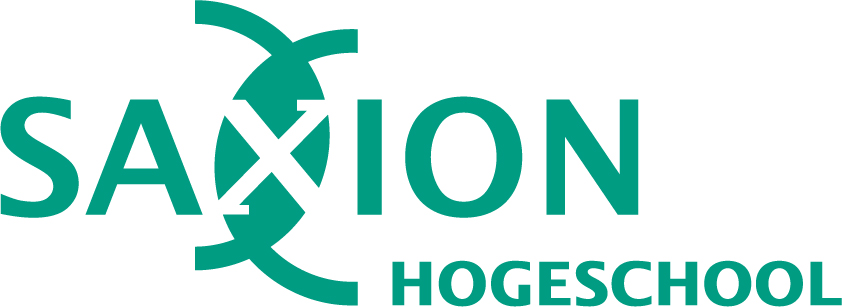The PD-program is a professional program training candidates to become highly skilled inquisitive professionals who ‘learn to make interventions in complex business practices’ at EQF level 8. The PD-program will offer a new career perspective for researchers and practitioners and allow the domain to professionalise and respond to society challenges. By using practice oriented research, based on interventions and short cyclical research output, PD candidates are enabled to develop applied solutions.
The PD-program is a personalized research and design track, offered by the Graduate Network of seven affiliated Universities of Applied Sciences in the LTH domain. This LTH Graduate Network stimulates research and design that promotes transferable knowledge of and insight into complex issues in society, policy and organizational processes in the domain of leisure, tourism and hospitality. PD candidates will:
There is currently no independent research degree program in the Netherlands, that allows for practice oriented research to take place.
Therefore, the Vereniging Hogescholen has presented an own doctoral program: the professional doctorate (PD). In doing so, Universities of Applied Sciences have introduced new research intensive vocational education to extend the boundaries of professional practice. Leisure, Tourism and Hospitality is one of 7 domains with a new PD.
The seven Dutch Universities of Applied Sciences in het LTH domain see the PD as a natural addition to their educational portfolio.
A PD candidate in the LTH domain will achieve the doctorate level (EQF 8 'learning to intervene in complex practices') as described in The Framework for Qualifications of the European Higher Education Area – also known as the Dublin descriptors – and the European Qualifications Framework for lifelong learning (EQF). The two titles do not differ in level, but in orientation: practice oriented versus knowledge oriented research.
A PhD program is an academic program that trains scientific researchers who learn to conduct independent scientific research. Such researchers create generic new conceptual knowledge that contributes to the scientific knowledge base.
A PD focuses on applying research to practical problems, formulating solutions to complex issues, and designing effective professional practices within a work field. It trains independent inquiring professionals who learn to assess and if possible implement interventions in complex practices on the basis of a practical question from society or the professional field.






